VIULECTURES 1|16 |
|
A cycle of appointments open to the public, as part of the Globalization Program Spring 2016 term academic offer.
Wednesday, 20 April 2016
Prof. Mounia Bennani-Chraïbi, University of Lausanne
The “Arab uprisings” are far from being homogeneous phenomena. Based on a comparison between “positive cases” (Tunisia, Egypt, and Syria where a “revolutionary situation” has occurred) and a “negative case” (Morocco), we will show that the various developments these countries have known are not encoded in their “DNA”: although environmental elements have helped shaping the interactions between the protagonists involved, the blows exchanged during these "open-ended conjunctures" contributed to redefine the conditions of the local actions.
This open lecture forms a part of prof. Avanza’s course at VIU on Nationalisms in a Globalized World.
________________________________________________
Monday, 2 May 2016
Prof. Miles Orvell, Temple University, Philadelphia Spectacular Ruins: Photography as Cultural Narrative
We have one word—“ruin”—to cover a multitude of objects, all of which share the fact that they have suffered change, whether from the force of hurricanes and floods, gradual collapse, the ravages of war or the devastations of environmental waste. The concept of ruins embodies time and change, and yet we contemplate ruins as moments in time, frozen scenes of destruction. Since the mid-19th century, the camera has been the principal means by which we have seen and remembered ruins, establishing an archive of material destruction that we have taken as an objective record, even though we know that photography is not innocent of an implicit epistemology. This talk will explore the ways that photography has structured our knowledge of ruins through a discussion of a series of paradigms for thinking about ruins, paradigms that derive from photographic practices, which in turn are based on cultural narratives that have emerged historically.
This open lecture forms a part of prof. Benesch's courses at VIU on Identity, Heritage and Globalization (Art in/and the City: The Urban Imagination in a Global Perspective), and The Aesthetics of Privacy: Reading and Writing under Conditions of Globalization.
ARCHIVE 2015 | 2014 | 2013 | 2012 | 2011 | 2010 | 2009 | 2008 | 2007 | 2006
|
 |
 |
 |

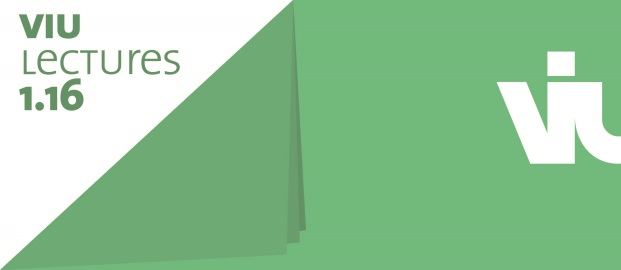
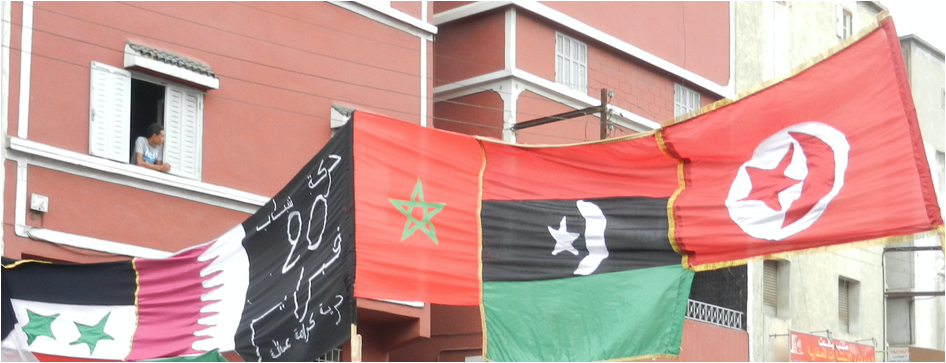
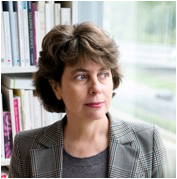 Mounia Bennani-Chraïbi
Mounia Bennani-Chraïbi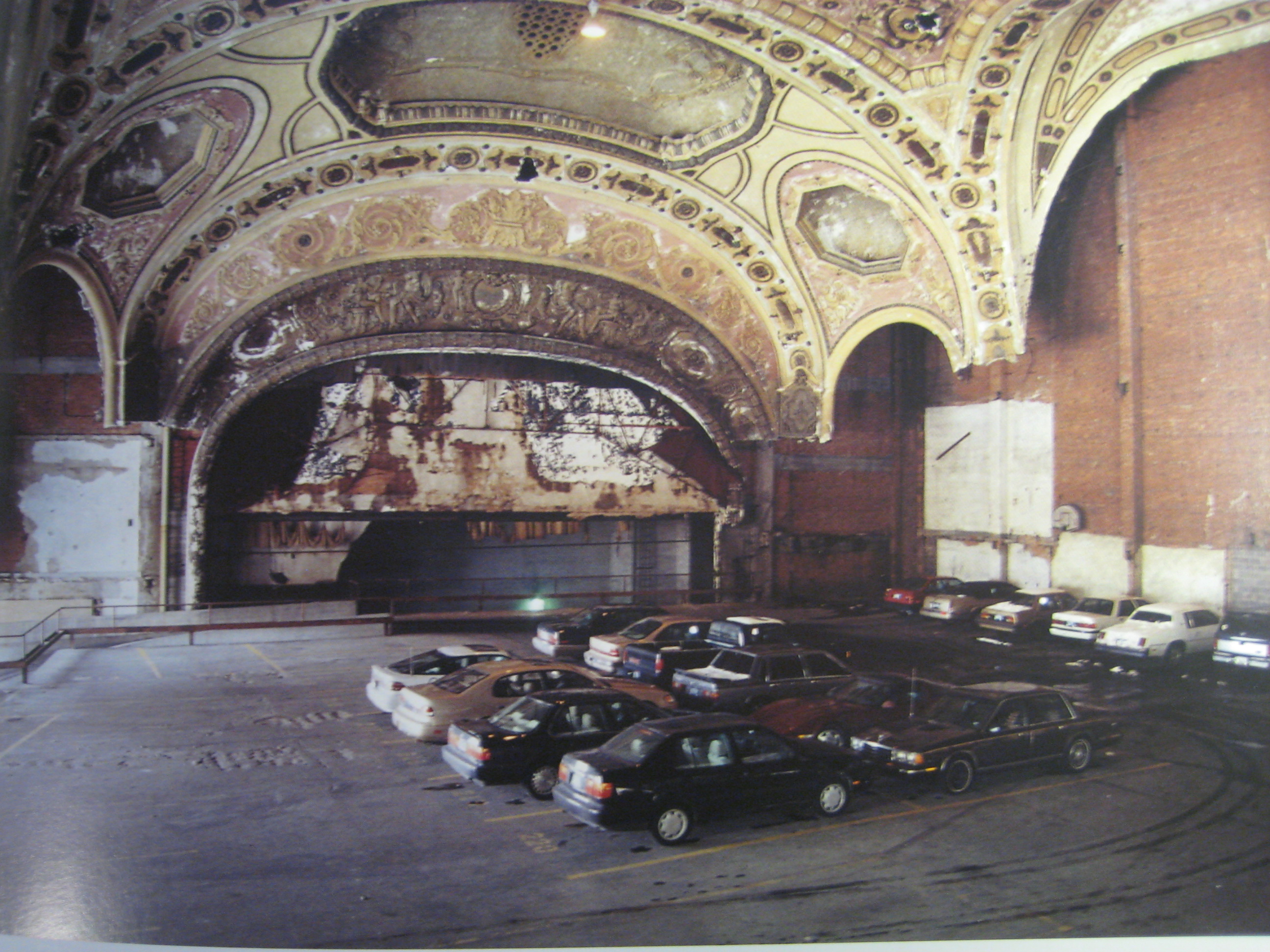
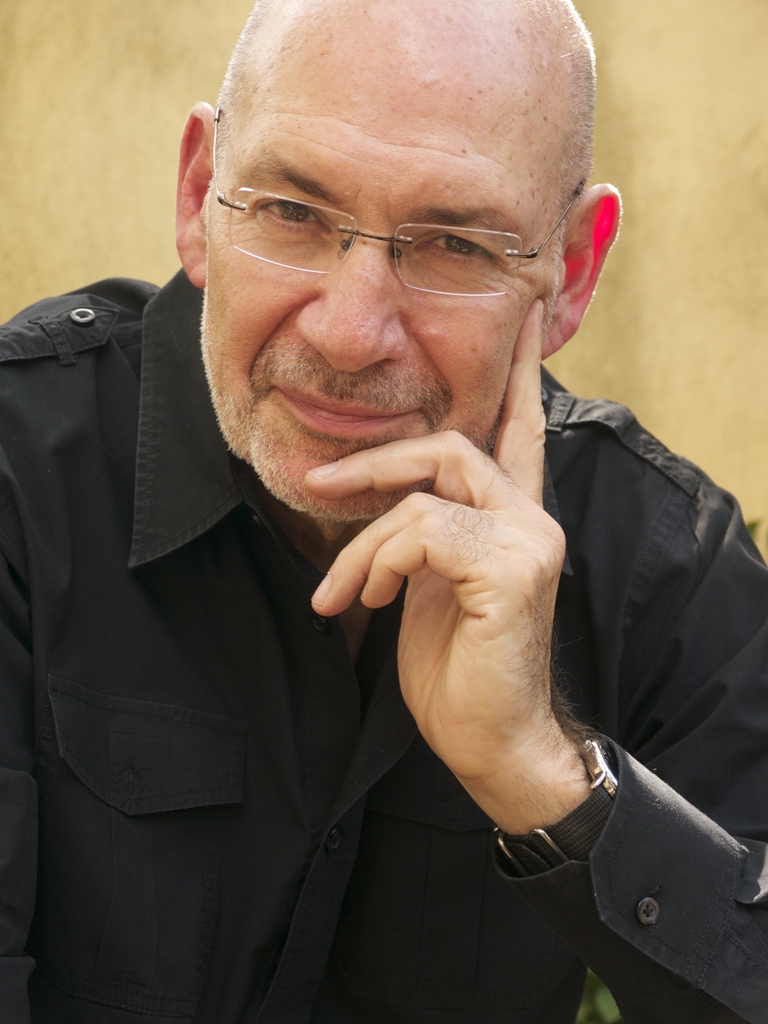 Miles Orvell
Miles Orvell